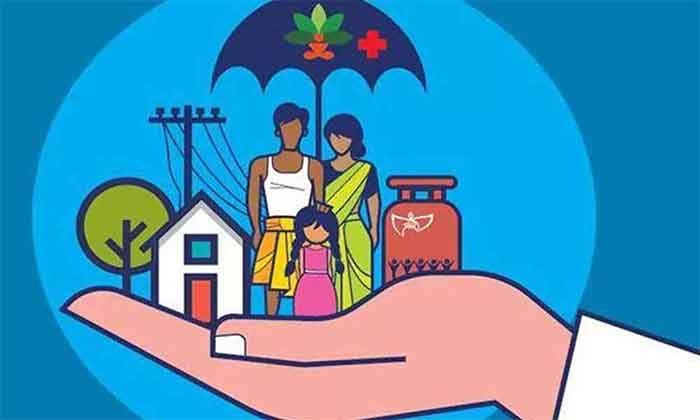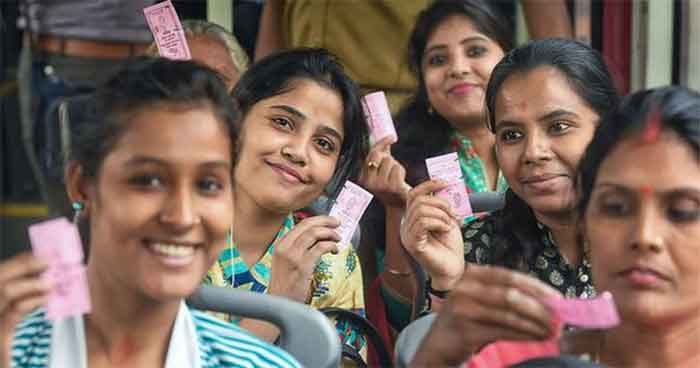
The two of the very fearful skeletons, which have often hounded the Indian polity over the last few decades, have been the entry of people with criminal antecedents and the rise of communalized polarization. The ironical part in this is that neither any dreaded criminal brought the criminalization nor the yogis nor mullahs brought the communalization in the politics. The political parties with myopic visions promoted these cultures with the motives of engineering the elections to either gain the power or stay in power. The sanctity of the election process, which prevailed during the Nehru-Shastri era or to an extent Indira –Janta party era, has over the years lost its holiness and the focus drifted from the public to the privileged.
The criminalization of politics, or the involvement of individuals with criminal backgrounds or activities in the political sphere, can have several negative consequences for a society and its democratic institutions. When people see individuals with criminal records or unethical behavior occupying political positions, it erodes the public trust in the political system. Politicians with criminal backgrounds are more susceptible to engaging in corrupt practices, as they have personal interests or connections that conflict with the public good. This obviously undermines the rule of law and lead to a culture of corruption in politics. The impairment of governance due to the prioritization of personal gain and criminal interests over the welfare of the public can lead to poor governance, misallocation of resources, and ineffective policymaking. Weakening of democratic institutions with the presence of individuals with criminal records in politics can undermine the integrity of democratic institutions. It can erode the separation of powers, hinder the functioning of checks and balances, and weaken the rule of law. This is also a disincentive for honest and capable individuals from participating in politics, as they may be reluctant to enter a field tainted by crime and corruption. Moreover, there is always a lack of accountability as politicians with criminal backgrounds may be less likely to be held accountable for their actions due to their political connections, making it difficult to address wrongdoing and ensure justice. Though the criminalization of Indian polity grew with its multipolar aspirations when regional parties evolved as alternatives and as these parties were community or caste based they tend to promote muscle men within these social layers. In the absence of any regulations, the criminals decided to be in power rather than being in the shadow of any political leader to comfortably manipulate the governance and justice.
However, the communalization appeared as a brainchild of think tanks, which wanted a particular ideology to replace the idea of India enshrined in the constitution. The communal polarization in politics refers to the division and manipulation of people along religious, ethnic, or sectarian lines for political gain. The key consequence of communal polarization in politics is the social division and conflict, which leads to heightened tensions between different religious or ethnic groups and erosion of social cohesion. It weakens the social fabric of a nation by fostering mistrust and animosity among different communities. It has the potential for the instrumentalization of religious or ethnic identity for political purposes. This undermines the secular and pluralistic principles of our nation. Additionally, communal polarization discourages investment and economic development, as businesses and investors are hesitant to engage in regions or countries marked by religious or ethnic tensions. It has to be understood that communal polarization can undermine the foundations of a functioning democracy by diverting attention away from important policy debates and promoting identity-based voting, which may not always align with the best interests of the nation. Efforts to promote inclusivity, dialogue, and a focus on common values and interests rather than divisive identities are essential for countering the negative consequences of communal polarization in politics.
However, the complexities of power and the instruments of politics are indeed cruel. What made Delhi chief minister Arvind Kejriwal invoke hanuman chalisa during Delhi elections, what made him to suggest that revered Laxmi’s image should be printed on Indian currency notes and what made him stay away from his constitutional duties during Delhi riots, Shaheen bagh protest and Delhi’s farmer agitation? Wasn’t he learning a shrewd lesson from somewhere? On the other hand, Prime Minister Narendra Modi’s labharti yojna through which millions of people were benefited during corona crisis and which earlier brought him back to power in 2019 was something that might have been inspired from AAP’s welfare schemes in Delhi. Now that more and more political parties and state governments have understood the political returns of welfare schemes and public having got the taste of these schemes, it seems that criminalization and communal polarization will neither be served nor these would be able to influence the voters. The free electricity scheme of Chief Minister Arwind Kejriwal of Delhi; the gobar incentives and tribal/farmer schemes of Chief Minister Bhupesh Baghel of Chhattisgarh; the public health insurance scheme of Chief Minister Ashok Gehlot of Rajasthan; the women welfare schemes of Chief Minister Siddharamiah of Karnataka and ladli behna scheme of Chief Minister Chauhan of Madhya Pradesh and many more across the country are revolutionary schemes. These have shown the necessity of the nation’s economic growth to trickle down to the big population which is though struggling to survive has the fundamental right over it as guaranteed by the constitution of India as the right to live with human dignity. Those among us who classify these welfare schemes as freebies are ridden by a capitalist mindset. If the government can forgo thousands and lacs of crores of loans taken by our industrialists, they must have the courage to accommodate the constitutional guarantees for the common people.
I heard someone characterizing the social concept of Ram Rajya through the following couplet:
“Ram nahi miltey mandir ke pheron mein…..ram milein shabri ke jhuthey beron mein”
And Sant Kabir Das reflects the idea of communal harmony:
Moko kahan dhundhere bande main to tere paas mein
Na teerath mein, na moorat mein, na ekant niwas mein,
Na mandir mein, na masjid mein, na Kabe Kailas mein …
Mohammad Fahad Ullah, PhD, MRSC, Professor, Mississauga, ON L5B 0K4, Canada











































